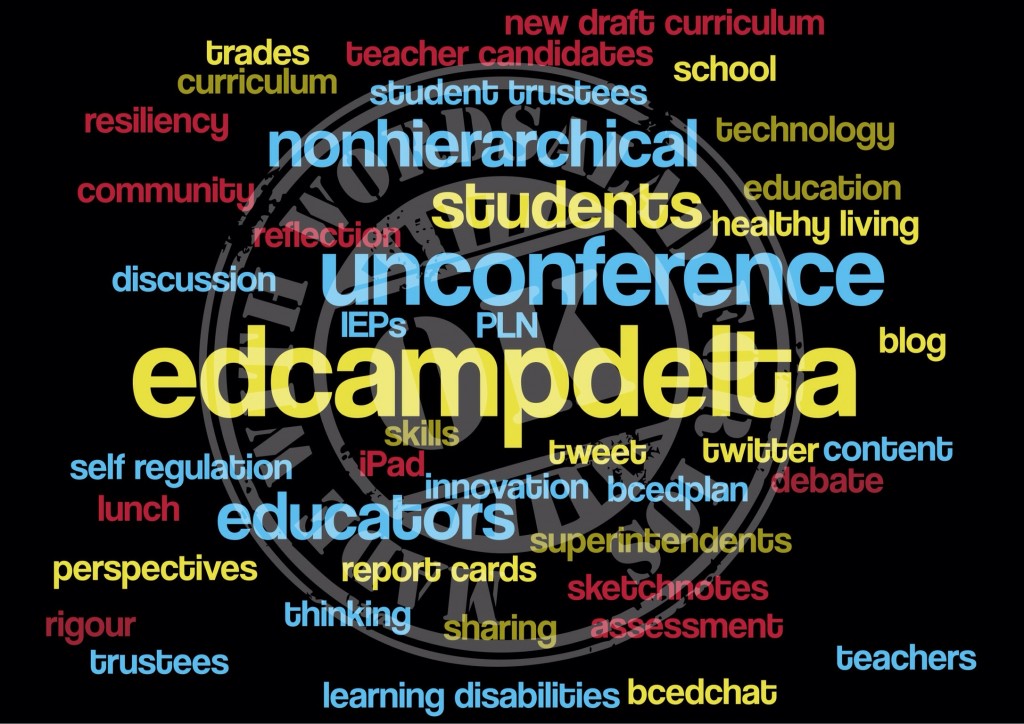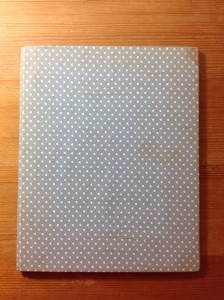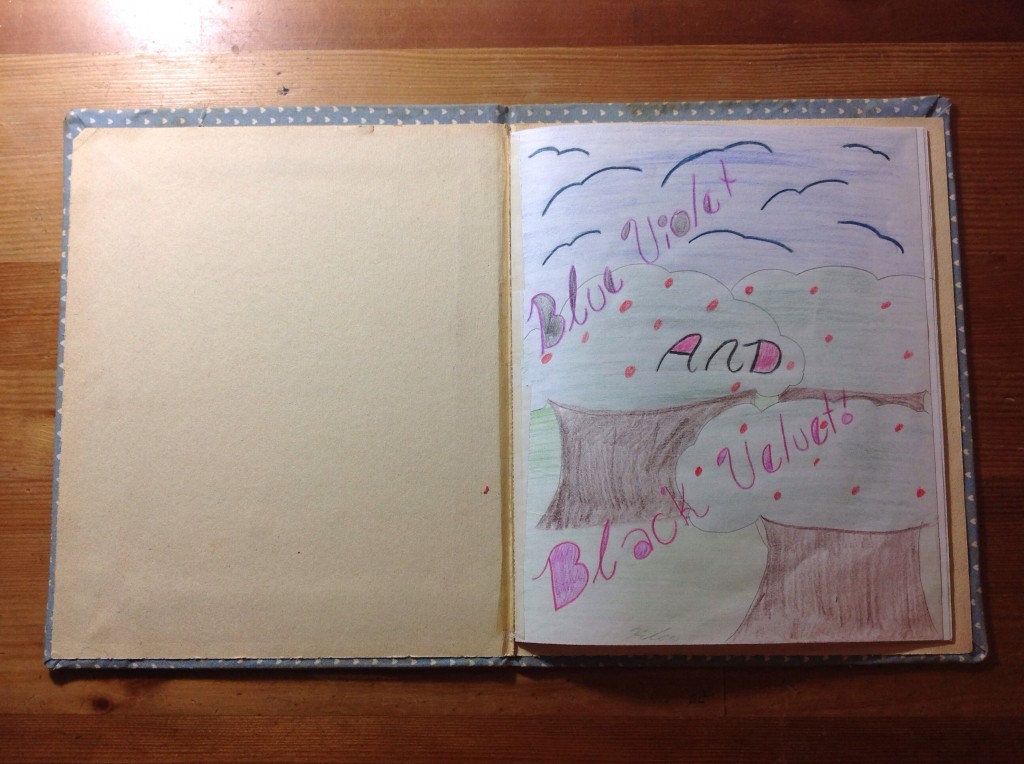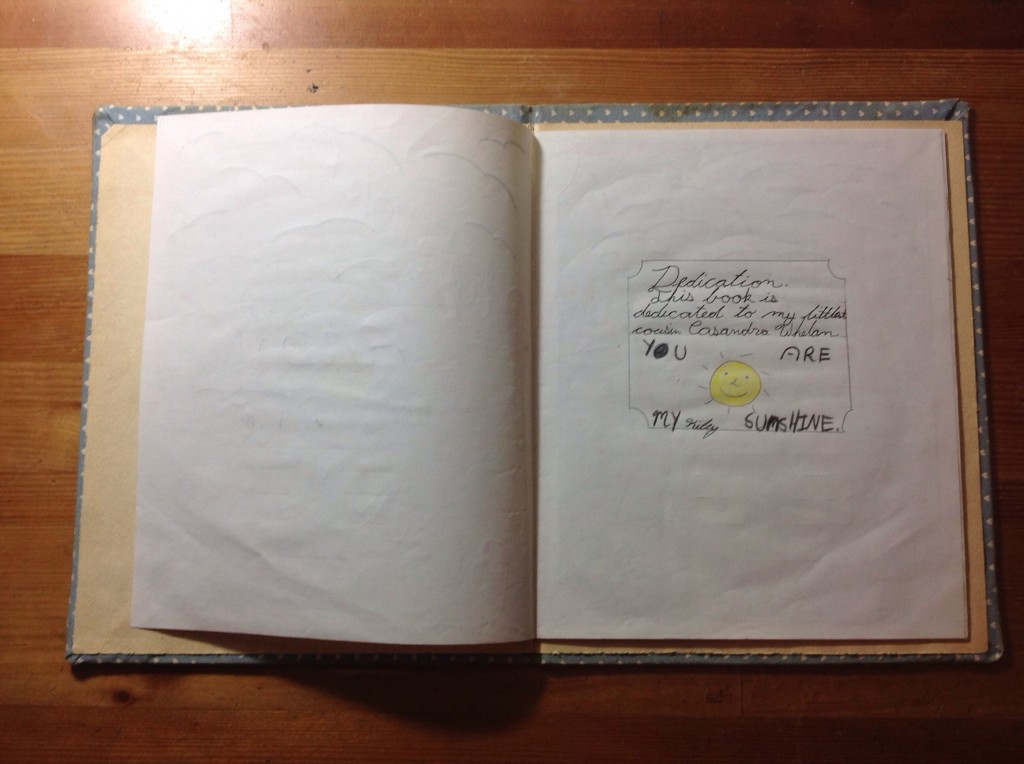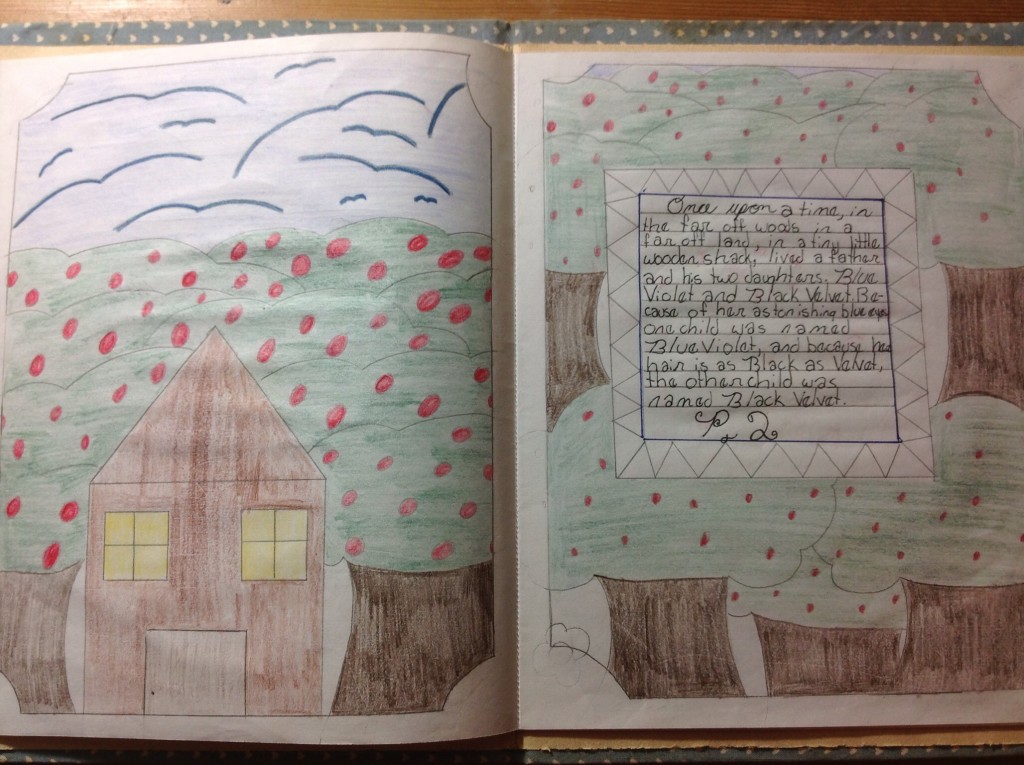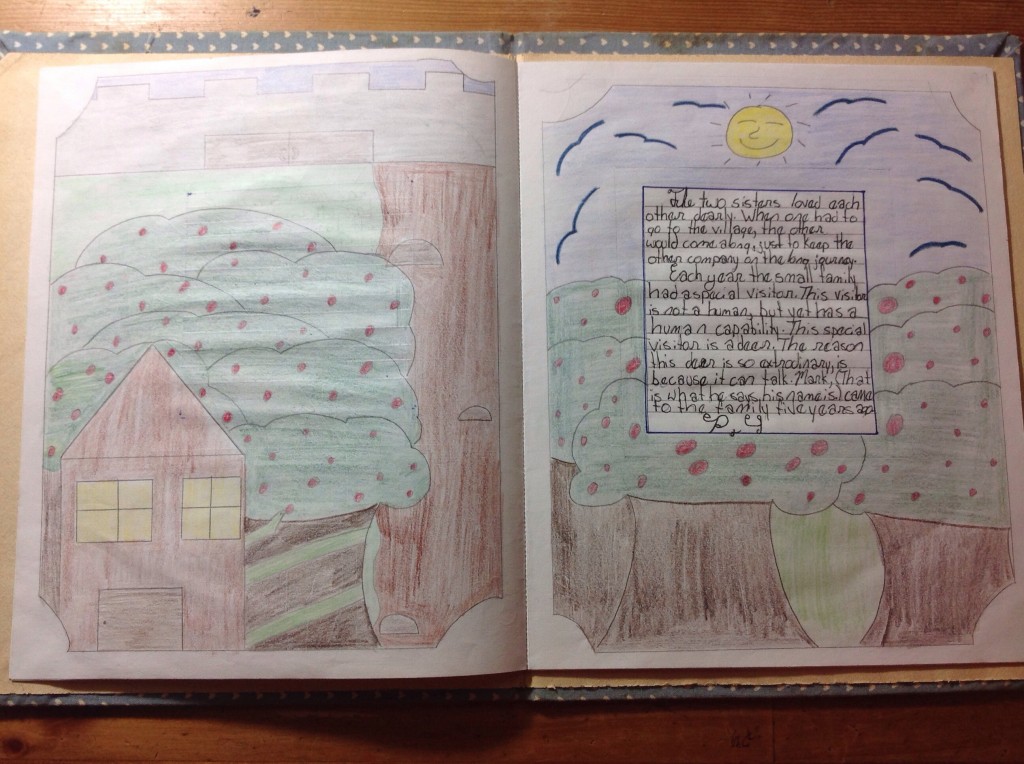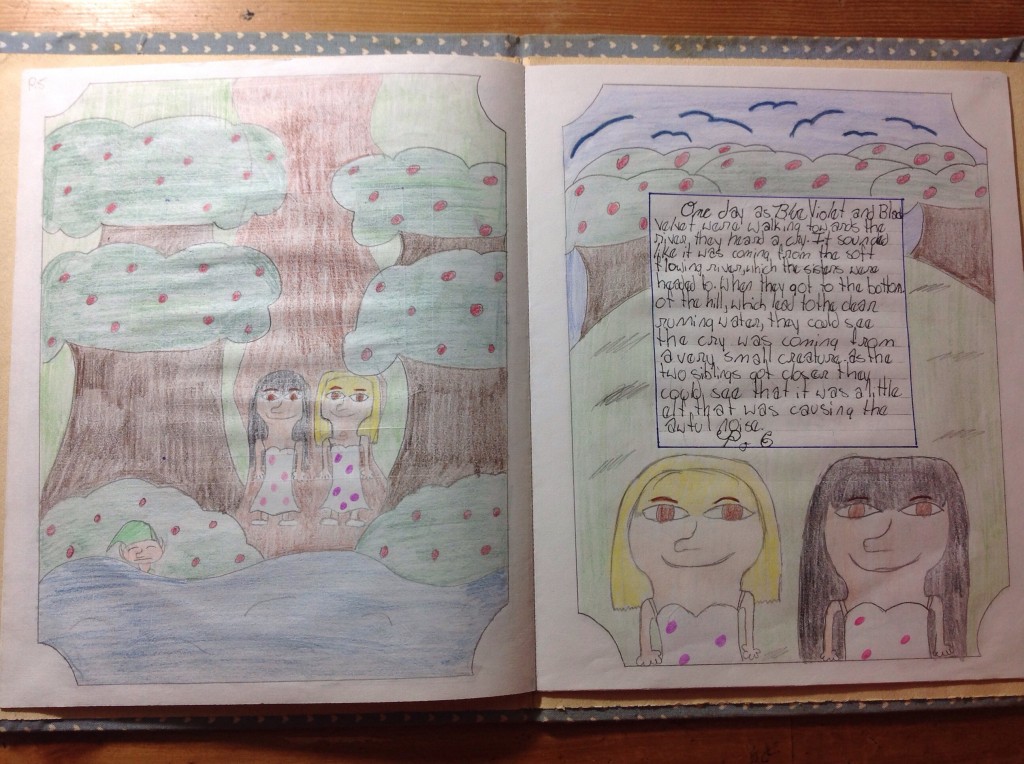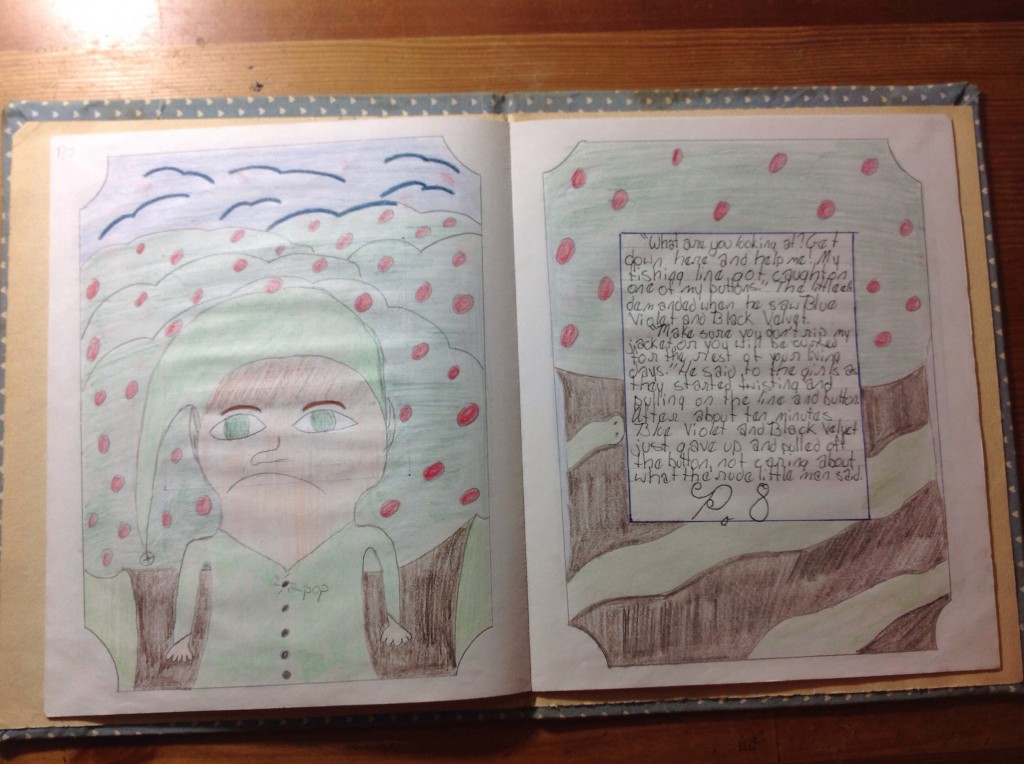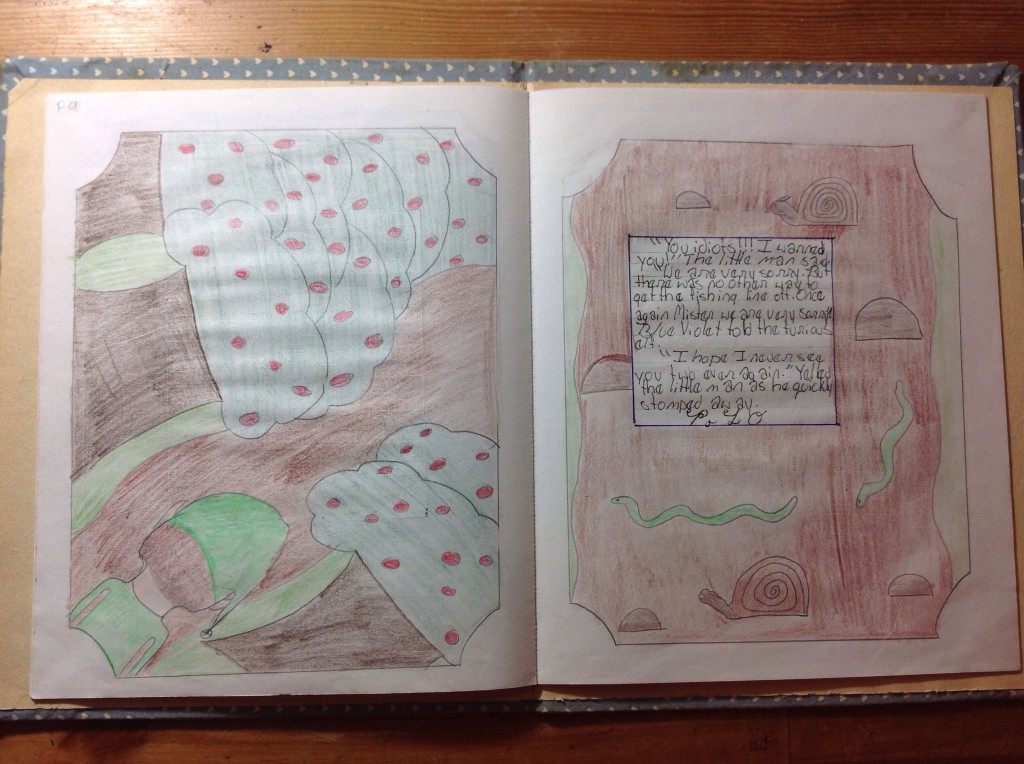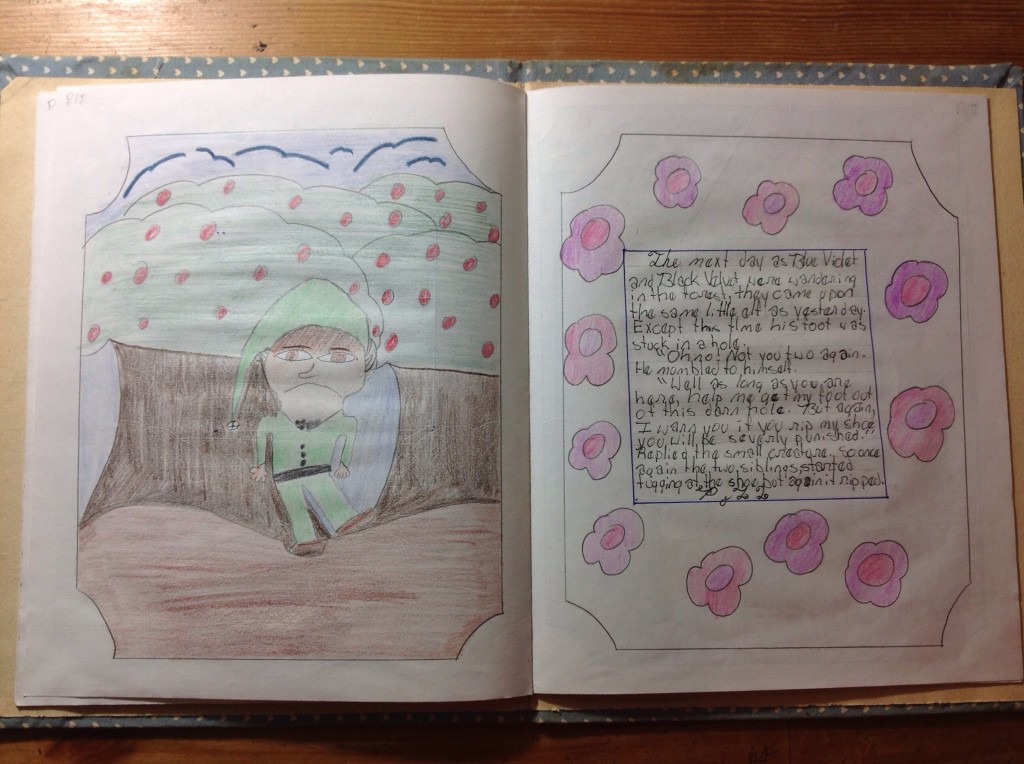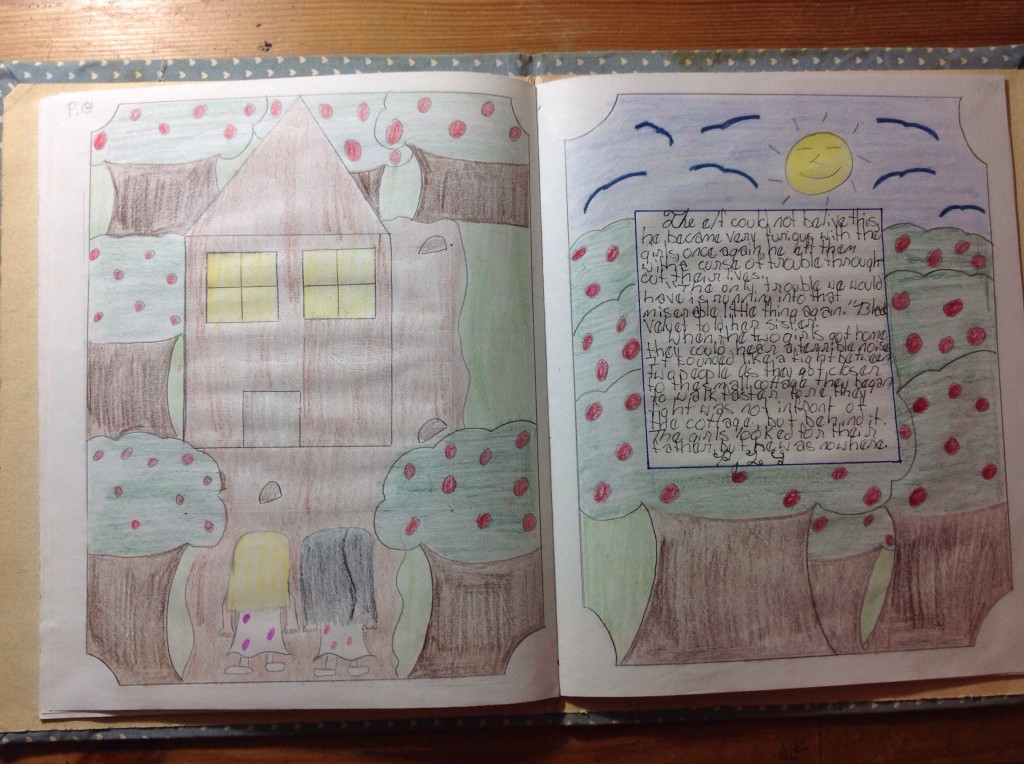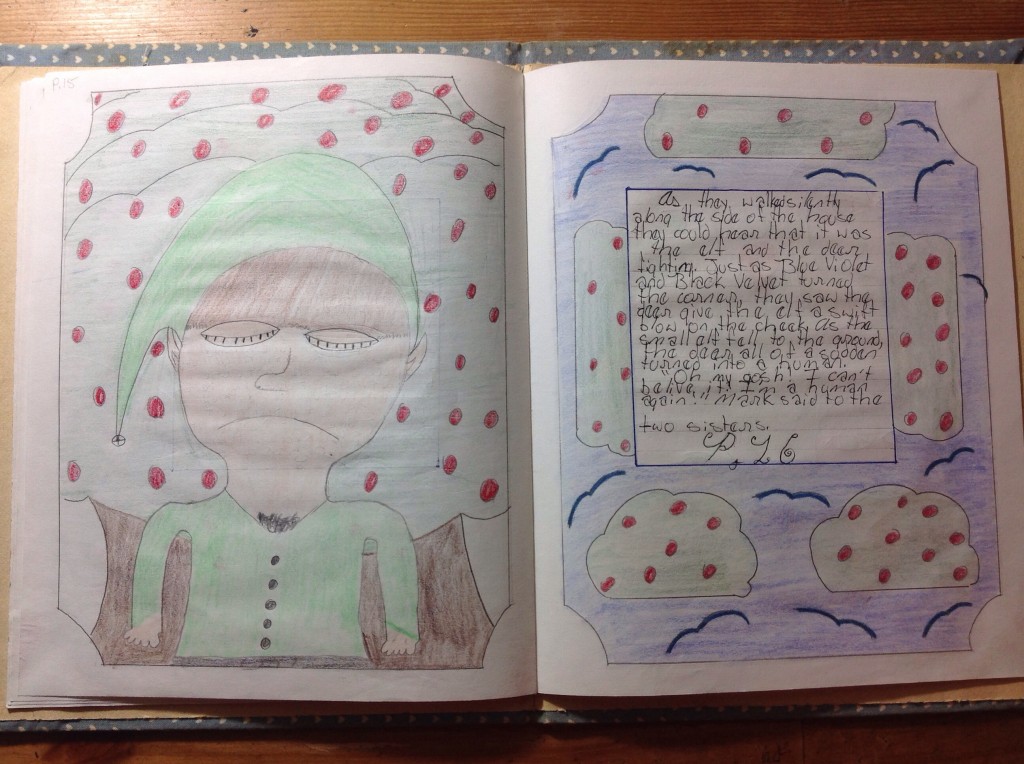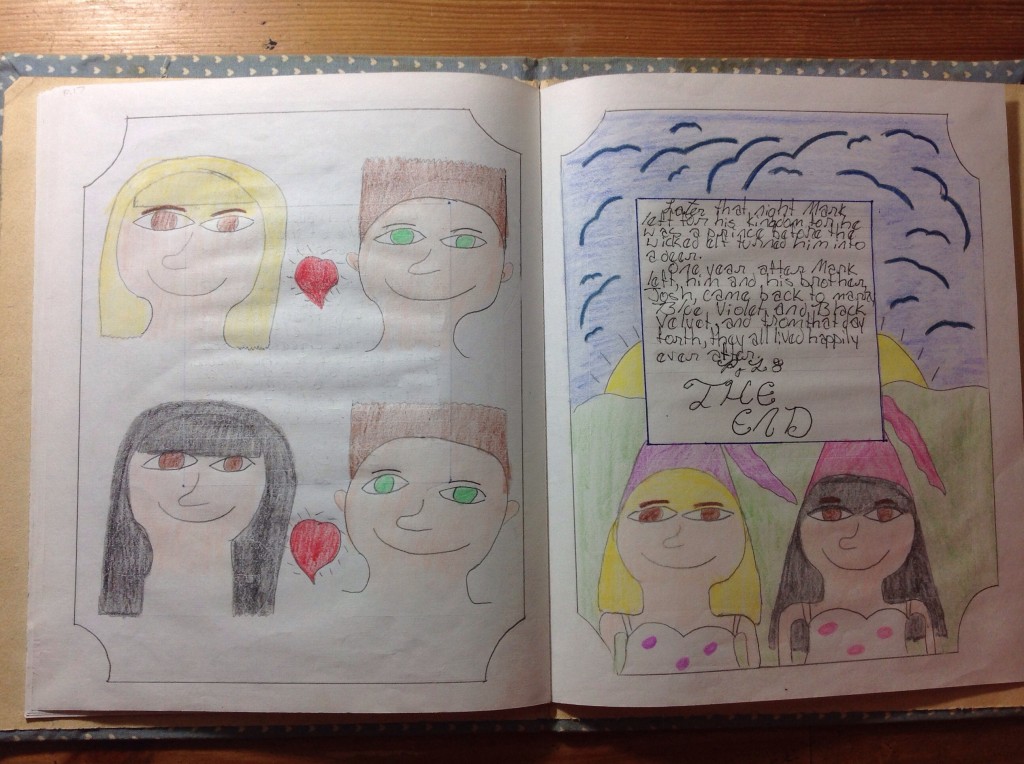If one were to look back at my Twitter you would see it was created years ago. I didn’t use it much until the fall when the use of Twitter by students at the Inspiring Educators Series Launch fell flat. The idea had been that students would tweet their questions to the three presenting superintendents, however, not many students took part. After this, I began to wonder if I could use Twitter as a networking/professional development tool…
I felt really confused and awkward on Twitter at first. Did anyone care what I would say? Can I just join a conversation? Would anyone follow me? How do I use a hashtag? All legitimate concerns! But as many have told me in the field of education, “fake it ’til you make it”! So, I did, and six months later I’m hooked on Twitter. And, to other student teachers, I think you should give it a try, you might like it. I didn’t think I would, but I love it! It has led me to meet so many passionate educators and policy makers (on-line and in-person), allowing me to begin to create my personal learning network. It has given me ideas for in the classroom, and caused me to further question things, respond and reflect (on my own accord as opposed to a class “quick write”!). It has also notified me of many different opportunities and workshops.
For those of you already on Twitter, do you take part in any education chats? (See an extensive list here, and believe me, there has got to be something that interests you!) Every Sunday at 7pm is @bcedchat #bcedchat. This upcoming Sunday is on the topic of Teacher Education, and the challenge is out between the various education faculties in BC to have pre-service teachers taking part!
If you’re not already on Twitter and interested in trying it out, here are my ideas and advice:
- Find some people to follow! Start by searching within your subject interest, school district (past, present, or anticipated future), faculty members, fellow teacher candidates, organizations, etc.
- Share your thoughts on something you’re passionate about or a hot topic like the grades debate or the new curriculum. Thank a presenter or workshop leader. Once you have some followers ask an opinion question.
Please comment why you like to use Twitter, add your recommendations on using it, people to follow and your Twitter handle (@). Have fun!

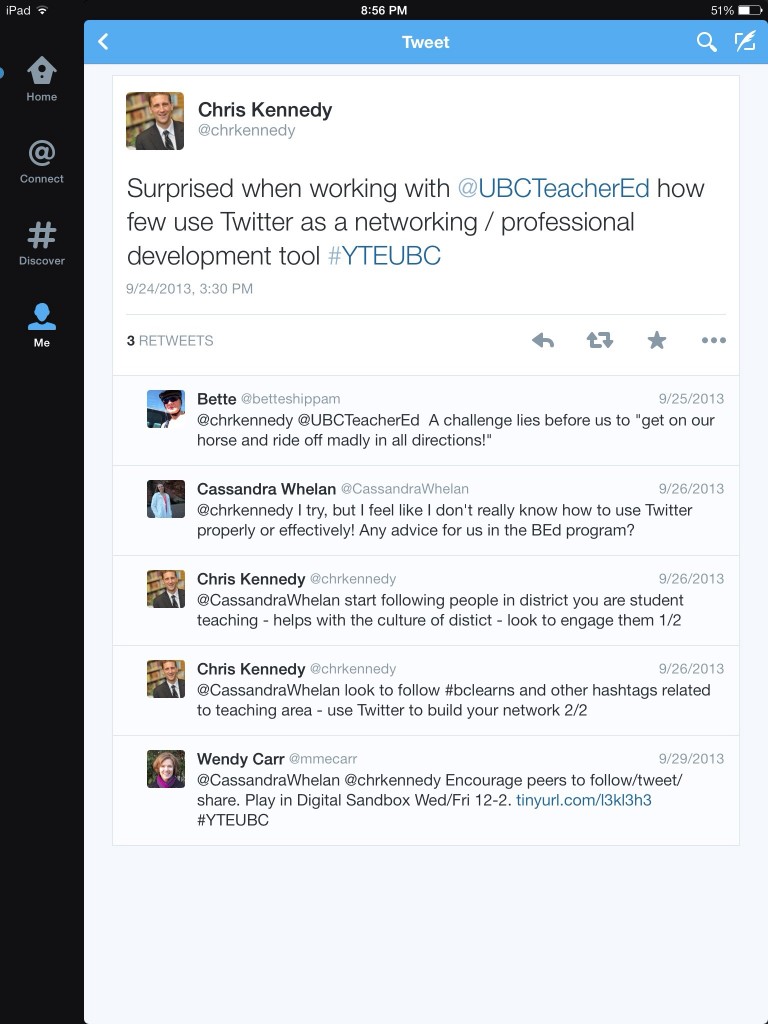
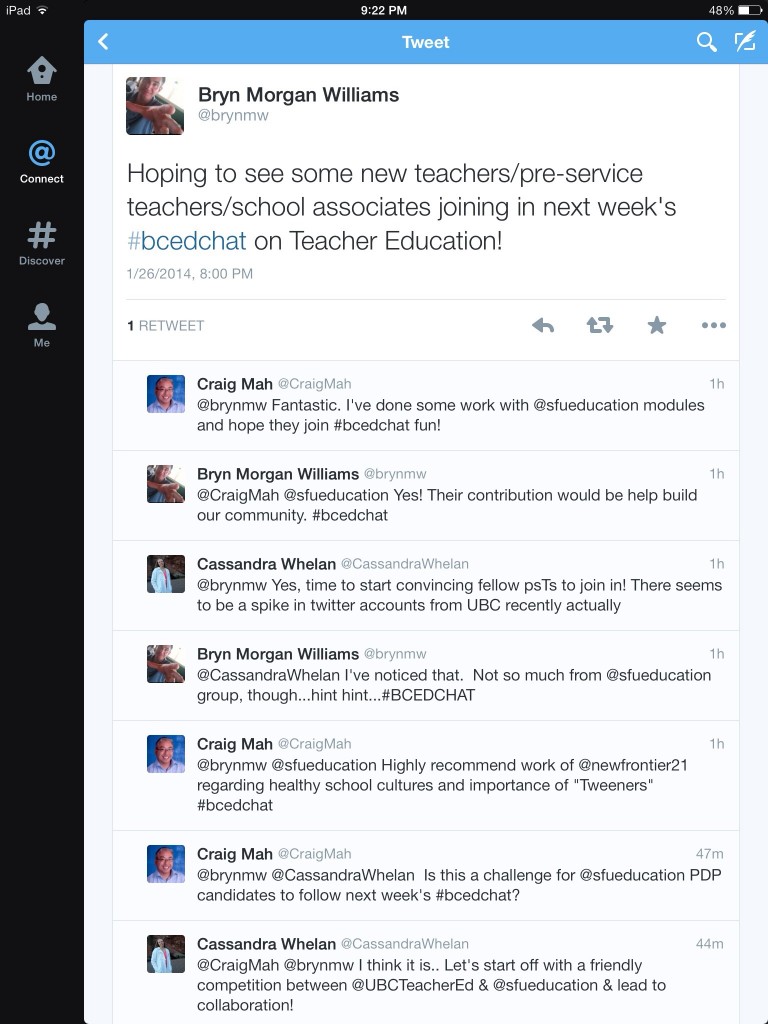
 Follow
Follow